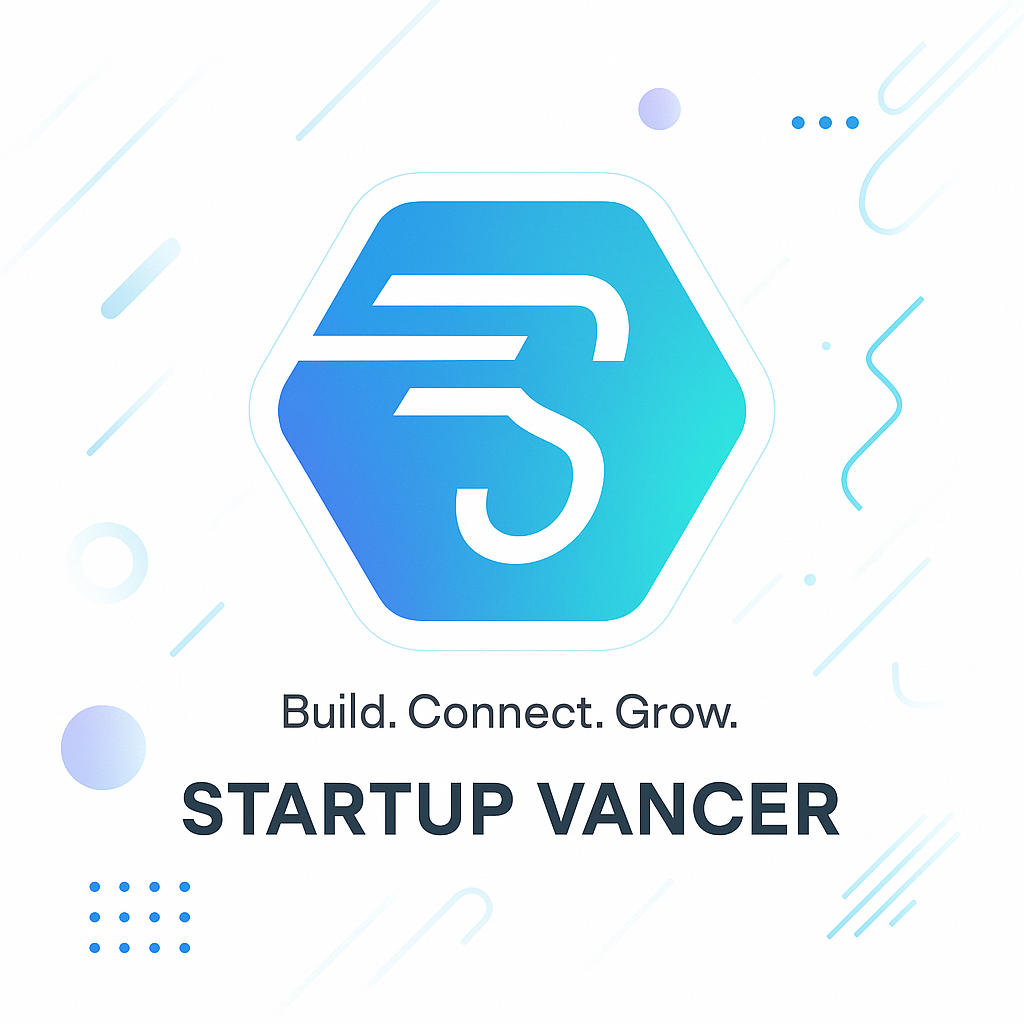
As we head further into the digital age, the role of artificial intelligence (AI) continues to expand and revolutionize various industries. In this blog post, we will explore the impact of AI on the workforce, focusing on how it is automating routine tasks and leading to increased productivity and efficiency. We’ll also delve into the shift in job requirements and skills brought about by AI, as well as the creation of new job opportunities in this rapidly evolving landscape. However, with these advancements come challenges for displaced workers, which we will also address. Let’s dive into the fascinating world of AI and its far-reaching effects on the workforce.
Introduction To Artificial Intelligence
Artificial Intelligence, or AI, has become a buzzword in recent years, with its widespread impact on various industries, including the job market. The term refers to the simulation of human intelligence in machines that are programmed to think and act like humans. AI encompasses a range of technologies, from machine learning to natural language processing, and has the potential to revolutionize the way work is done across different sectors.
One of the key areas where AI is making a significant impact is in the automation of routine tasks. Tasks that were once performed by humans can now be carried out by AI-powered systems, leading to increased productivity and efficiency. This has resulted in a shift in job requirements and skills, as workers need to adapt to the changing nature of work in an AI-driven world. As a result, the job market is experiencing a rapid transformation, with the creation of new job opportunities and challenges for displaced workers.
As AI continues to advance, it is crucial for individuals and organizations to stay updated with the latest developments in the field. This will enable them to leverage the potential of AI to drive innovation and growth, while addressing the challenges posed by the changing job market. By understanding the introduction to Artificial Intelligence and its implications, individuals can position themselves to thrive in an AI-driven economy.
Automation Of Routine Tasks
One of the most significant developments in the job market in recent years has been the automation of routine tasks through the use of Artificial Intelligence (AI) and advanced technologies. This has had a profound impact on various industries, leading to both opportunities and challenges for workers and businesses alike.
The automation of routine tasks has resulted in a considerable increase in productivity and efficiency across different sectors. Tasks that were once time-consuming and monotonous can now be completed in a fraction of the time with the help of AI-powered tools and software. This has allowed businesses to streamline their operations and focus on more complex and strategic activities, ultimately driving growth and innovation.
However, this technological shift has also led to a shift in job requirements and skills as organizations seek workers who are adept at working alongside AI systems or have the technical skills to develop and maintain these technologies. As a result, employees are now expected to have a more diverse skill set that includes critical thinking, problem-solving, and digital literacy, in addition to their core competencies.
Increased Productivity And Efficiency
Artificial Intelligence (AI) has become a game-changer in various industries, including manufacturing, logistics, and customer service. One of the key benefits of AI is the increased productivity and efficiency it brings to businesses. From automating routine tasks to providing valuable insights, AI has the potential to revolutionize the way we work and operate.
With the help of Artificial Intelligence, businesses can automate repetitive and time-consuming tasks, allowing employees to focus on more strategic and creative work. This not only leads to increased productivity but also frees up valuable time and resources for other important aspects of the business. AI-powered tools and systems are able to process large amounts of data at a much faster rate than humans, resulting in faster decision-making and improved efficiency.
Furthermore, Artificial Intelligence enables businesses to gain valuable insights from data analysis, which can be used to make informed decisions and drive business growth. By utilizing AI technologies, organizations can identify patterns, trends, and correlations within their data, helping them to optimize their operations and improve overall performance. In essence, AI has the potential to transform the way businesses operate, leading to increased productivity, efficiency, and ultimately, success in the job market.
Shift In Job Requirements And Skills
The Shift in Job Requirements and Skills is one of the most significant impacts of Artificial Intelligence on the job market today. As AI technology continues to advance and automate various tasks, the nature of work and the skills required for different roles are also evolving. The traditional job requirements are being replaced by a new set of skills as more tasks are being automated. Workers need to adapt and upskill to remain competitive in the changing job market.
One of the major changes in job requirements due to Artificial Intelligence is the increasing demand for technical skills. As automation becomes more widespread, there is a growing need for employees who can operate, maintain, and improve the AI systems. Data analysis, programming, and machine learning are some of the technical skills that are in high demand as companies integrate AI into their operations. Workers who possess these skills are likely to have better job prospects in the evolving job market.
Furthermore, the Shift in Job Requirements and Skills also highlights the growing importance of soft skills such as critical thinking, creativity, and adaptability. While AI can handle routine tasks, it cannot replicate human creativity and problem-solving abilities. As a result, employers are looking for individuals who can complement Artificial Intelligence with their unique skills and expertise. Workers who can demonstrate strong interpersonal skills and emotional intelligence will continue to be valuable in the job market, despite the rise of AI.
Creation Of New Job Opportunities
With the rapid advancements in Artificial Intelligence (AI) technology, there has been a significant impact on the job market. While AI has been feared for its potential to automate routine tasks and displace workers, it has also led to the creation of new job opportunities in various industries.
One major area where AI has created new job opportunities is in the field of data science and machine learning. As companies generate large volumes of data, there is a growing demand for professionals who can analyze and derive valuable insights from this data. Data scientists, machine learning engineers, and AI specialists are now essential roles in many organizations.
Another area of opportunity lies in the development and implementation of AI systems. From designing and building intelligent systems to ensuring they are ethical and compliant, there is a need for skilled professionals to work on the creation and maintenance of AI technologies.
Challenges For Displaced Workers
With the rapid advancement of Artificial Intelligence (AI) and automation, the job market is experiencing a significant shift. While these technological developments bring about increased productivity and efficiency, they also pose challenges for workers whose jobs are being displaced.
One of the primary challenges for displaced workers is the need to acquire new skills to remain competitive in the evolving job market. As AI and automation take over routine tasks, there is a growing demand for workers with advanced technical and analytical skills. This shift in job requirements highlights the importance of continuous learning and upskilling to adapt to the changing landscape.
Furthermore, the creation of new job opportunities in emerging industries such as data science, cybersecurity, and AI development presents potential avenues for displaced workers to explore. However, the transition to these roles may require substantial retraining and reskilling, posing financial and time constraints for individuals already impacted by job displacement.
| Challenges for Displaced Workers |
|---|
| Acquiring new skills |
| Financial and time constraints |
| Transition to emerging industries |
- Increased Productivity and Efficiency
- Shift In Job Requirements and Skills
- Creation of New Job Opportunities
In conclusion, while the advancement of AI and automation offers considerable benefits, it also presents challenges for displaced workers. To address these challenges, there is a need for collaboration between government, educational institutions, and industries to provide comprehensive support and resources for retraining and upskilling. By investing in the development of human capital, society can mitigate the negative impact of job displacement and ensure a smooth transition towards a tech-driven future.
Frequently Asked Questions
Artificial Intelligence (AI) refers to the simulation of human intelligence in machines that are programmed to think and learn like humans.AI automates routine tasks by using algorithms and machine learning techniques to analyze and process large amounts of data, enabling the machines to perform tasks efficiently and accurately.AI improves productivity and efficiency by reducing the time and effort required to complete tasks, minimizing errors, and enabling faster decision making based on data analysis.AI is changing job requirements and skills by placing a greater emphasis on digital literacy, analytical thinking, and problem-solving skills. It is also increasing the demand for individuals with expertise in AI and machine learning.AI creates new job opportunities by generating the need for AI developers, data scientists, AI trainers, and specialists in related fields. It also leads to the emergence of new industries and roles that leverage AI technology.Displaced workers may face challenges such as job loss, the need to acquire new skills to remain employable, and difficulties in transitioning to new roles or industries.To address the challenges posed by AI, society can focus on reskilling and upskilling programs to equip workers with the necessary skills for the future job market. It is also important to foster a supportive environment that encourages lifelong learning and adaptation to technological advancements.






